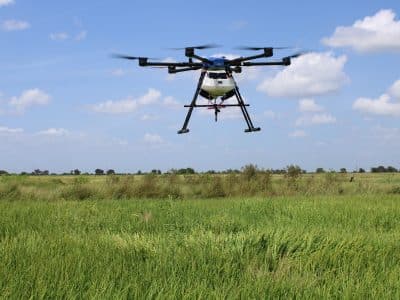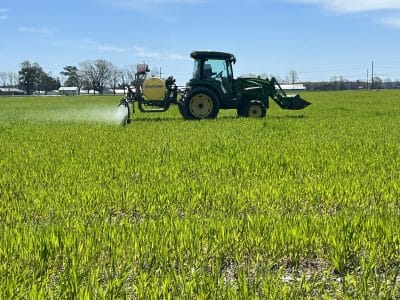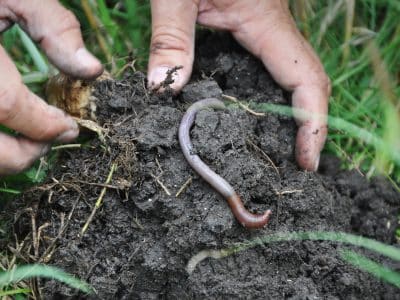A two-part workshop on herbicide-resistant weeds was held jointly with University of Maryland, Virginia Tech, and University of Delaware Extension. Over the two days, 450 participants viewed the on-line presentations. The focus of the workshops was to increase the understanding of herbicide-resistance and provide suggestions on how to best manage weeds both with herbicides and with non-chemical tactics. Through a post-session evaluation, most participants said they improved their understanding of herbicide-resistance and both farmers and consultants/advisors estimated there was a net value of $4/A.
To view the different videos, click the following:
Topic #1: Herbicide resistance. What is it about and how did we get there?
In this first presentation, Dr. Kurt Volmer, University of Maryland, describes herbicide resistant, explains the different mechanisms of weed resistance, and the management considerations of the various mechanisms.
Topic #2: Mechanisms of action. How to choose herbicides. Creating effective plans
In this integrated weed management presentation, Dr. Michael Flessner, Virginia Tech, describes the different herbicide mechanisms of action and how to build effective herbicide strategies by using the site of action chart.
Topic #3: Integrating management of Palmer amaranth, common ragweed and horseweed.
In this integrated weed management presentation, Dr. Vijay Singh, Virginia Tech, discusses managing Palmer amaranth, common ragweed and horseweed (marestail) management, emphasizing non-herbicide approaches.
Topic #4: Local farmer perspectives on resistance weed management.
Three mid-Atlantic farmers share their experiences on managing herbicide-resistant weeds with Dr. Mark VanGessel, University of Delaware.
Topic #5. Putting it all together: creating a weed management plan
In the final integrated weed management presentation, Ben Beale, University of Maryland, puts all the IWM workshop content together and explains how to optimize strategies by incorporating multiple integrated weed management tactics to manage weeds.
Participants were also supplied a number of handouts and resources. PDF’s are included below


